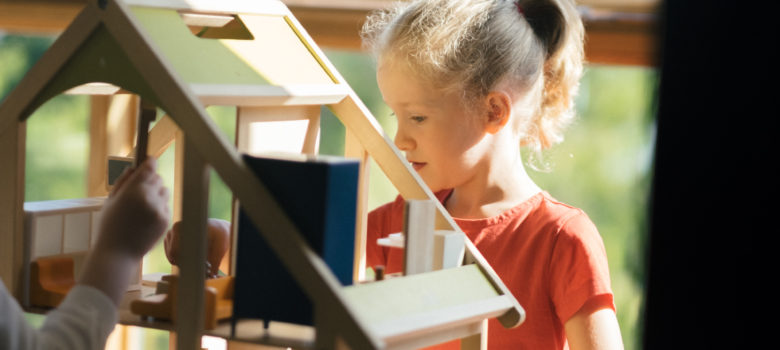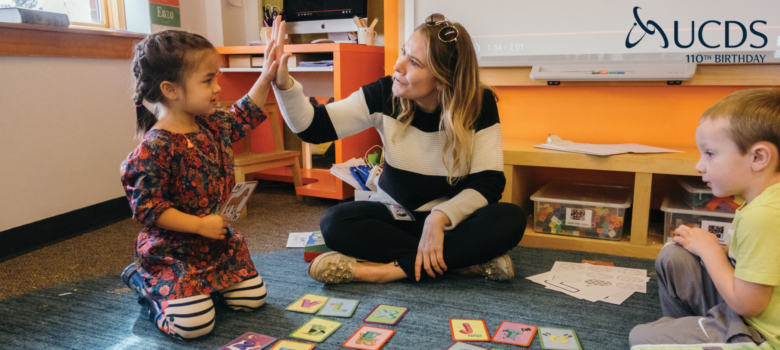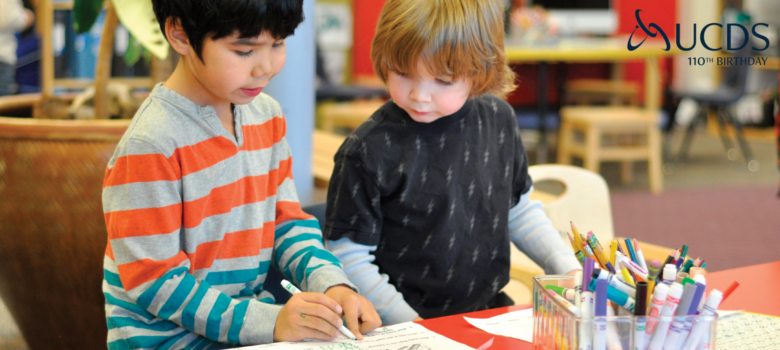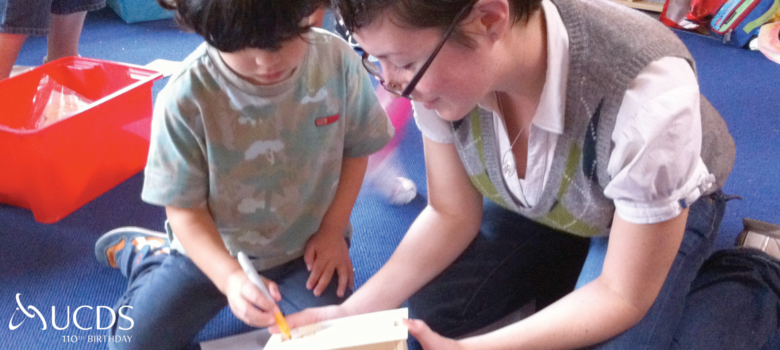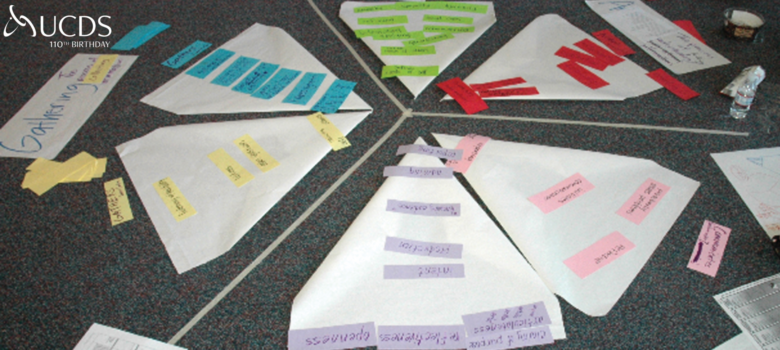By Jenn Drake, Early Elementary Classroom Teacher
(Editor’s note: While the student-teacher interactions included in this post actually occurred, the names have been changed.)
When something goes wrong, say one child grabs something out of another’s hand, each will respond in a different way. One will grab it right back. One will shout. Another will sit there and cry. And yet another will run to the teacher for help. I’m not sure if these are instinctual reactions or learned responses. Either way, inevitably, someone ends up saying, “I’m sorry.”
I hate “I’m sorries,” and not because I don’t like an apology. Sometimes “I’m sorry” is the only thing you can say in a situation (such as bonking a kid with an elbow, as I accidentally did the other day). But usually, kids will say I’m sorry to be done with problem-solving and get out of the situation as quickly as possible. In the scenario described above, most kids know that when a teacher is coming, the fastest way to get back to playing is to say, “I’m sorry!” before even hearing the other person out. That’s why I say “I’m sorries” have got to go!
Let’s go back to that example. Say Sophia grabs the walkie-talkie from Ruby’s hand. True story. Ruby would actually grab it back. So would Sophia. Then the tears would flow from Ruby’s eyes as she would rush to a teacher for help. Before I would even make it over to the rug where they were playing, Sophia would be declaring, “I’m sorry!”
Today, things are different because of the modeling I’ve done with Sophia and Ruby about how to problem-solve in a way that actually honors the feelings of the people involved and promotes growth and possibilities. Here’s the situation as it unfolds today.
Sophia and Ruby are playing with the camping supplies in the classroom. Things are getting a little heated because Sophia has been in the tent for a few minutes, and Ruby is ready for her turn. The tent has also become a storehouse for all the supplies – walkie-talkies, binoculars, compasses, and cooking gear. Ruby tries to take the binoculars and Sophia snatches them out of her hand.
Ruby: Hey, that was mine!
Sophia: No it wasn’t. It’s in the tent.
Ruby: It’s no fair! You have all the toys!
Sophia: You can have them after me.
Ruby: It’s not fair! Jenn?!
Ruby comes over to tell me the story.
Me: That seems really hard.
Ruby: Yeah. And she wasn’t even playing with it.
Me: Yeah. It sounds like you were trying to have a turn with something and she said you couldn’t.
Ruby: Yeah.
Me: That must have made you feel mad because you want your turn.
Ruby: Yeah.
Me: Let’s talk to Sophia and see if you two can come up with a solution.
We go to the tent and ask Sophia to come out.
Sophia: I was using that!
Me: Hang on, Sophia. Let’s give Ruby a chance to say what’s on her mind. This is a good time to listen.
Ruby: I wanted the binoculars and you weren’t even using them and you said no.
Me: Tell her how you’re feeling.
Ruby: I’m sad because I want to play with them.
Sophia: But I was playing with them first.
Me: Sophia, imagine Ruby got something taken from her. How do you think she would feel?
Sophia: Bad.
Ruby: Yeah.
Sophia: Here, you can have it.
Ruby: Thanks.
Me: And how could we do that differently next time?
Ruby: I could set a five minute timer.
Sophia: Or she could ask, ‘Could I have that after you?’
Me: Those are some pretty good ideas. Ruby, do you feel better?
Ruby: Yes.
Me: How are you feeling, Sophia?
Sophia: Fine. Can I play now?
Me: Of course! Thanks for problem-solving with me.
Things were different in this scene because we viewed things through a different lens. Sophia was never even asked to admit she did something wrong. When Ruby tried to blame her and put her on the defensive, I asked Ruby to tell the story about how she was feeling. And then I asked Sophie to respond in terms of how she would feel if something were taken from her. Everybody can relate to that. It helps build empathy, and removes the vicious blame-shame-denial cycle. And there was an emphasis on “next time,” giving them a chance to plan for a better future. They came up with great ideas that probably would make things better next time. And they both felt fine afterwards and were able to continue playing without any more conflict. It took months to get them there, but here we are and it’s a much more caring environment for everyone. And all without uttering the phrase, “I’m sorry.”

